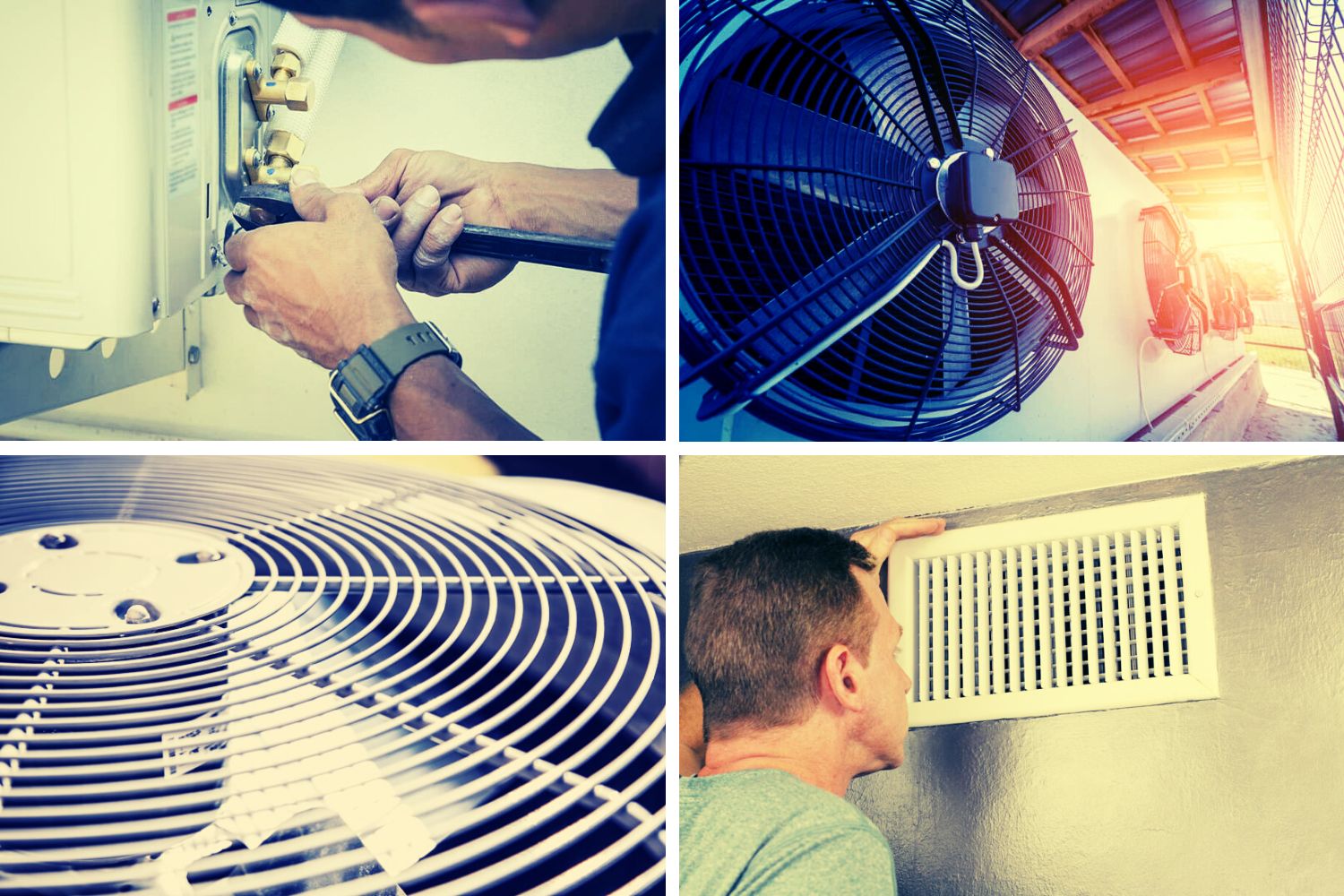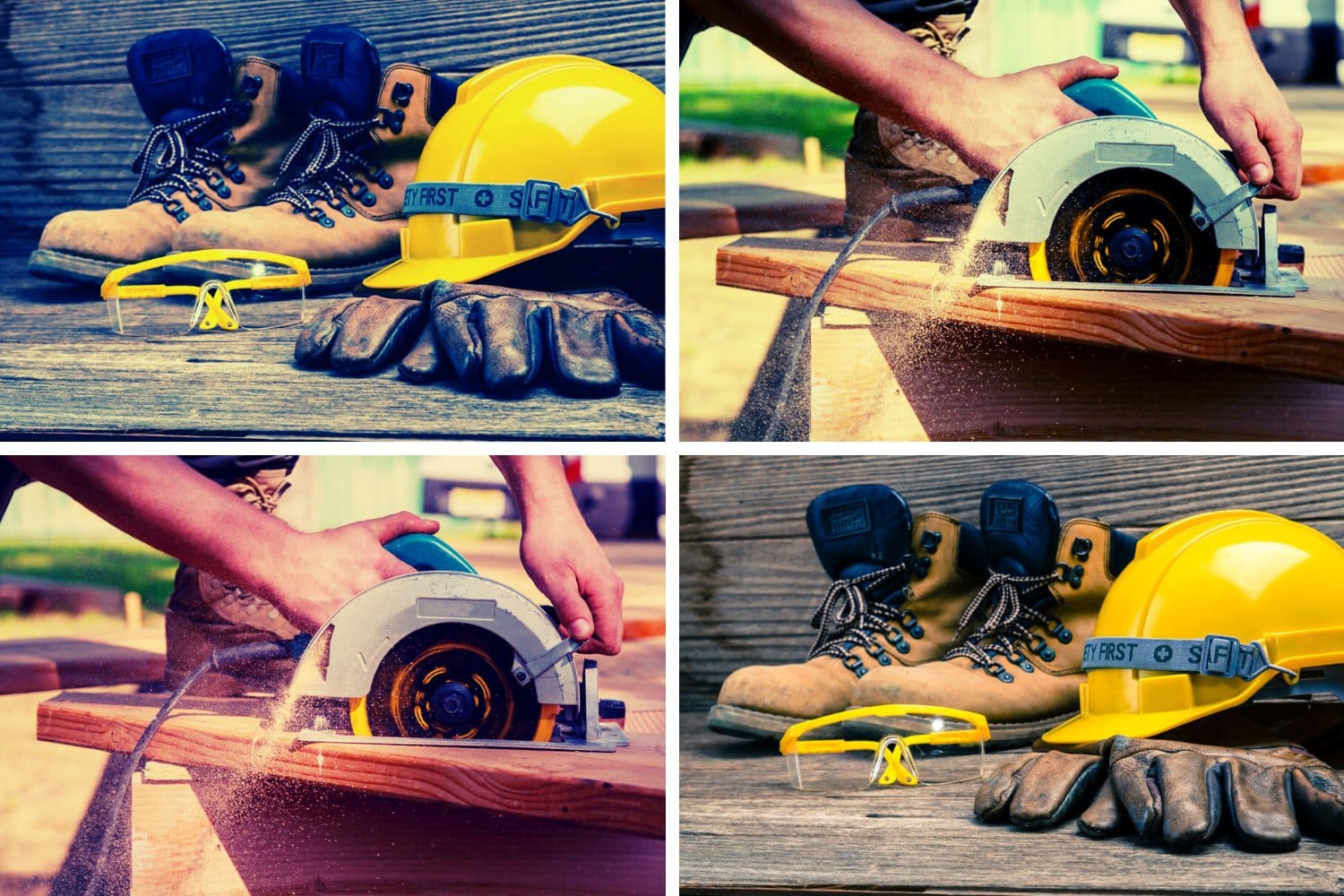Your HVAC system is essential to keeping your home comfortable, especially during extreme weather conditions. It’s easy to take your heating and cooling systems for granted until they start to break down. HVAC replacement cost can be expensive, but a poorly functioning HVAC system can result in a decrease in indoor air quality, higher energy bills, and uncomfortable living conditions. So, how do you know when to replace your HVAC?
One tell-tale sign is if your system is over 10 years old and requires frequent repairs. Another sign is if your energy bills have increased significantly or if your HVAC system is struggling to maintain a consistent temperature. If you notice any of these signs, it may be time to consider replacing your HVAC system to avoid further issues and costs in the long run.
How do you know when it’s time to replace your HVAC system? Here are some of the top signs:
Age of the System
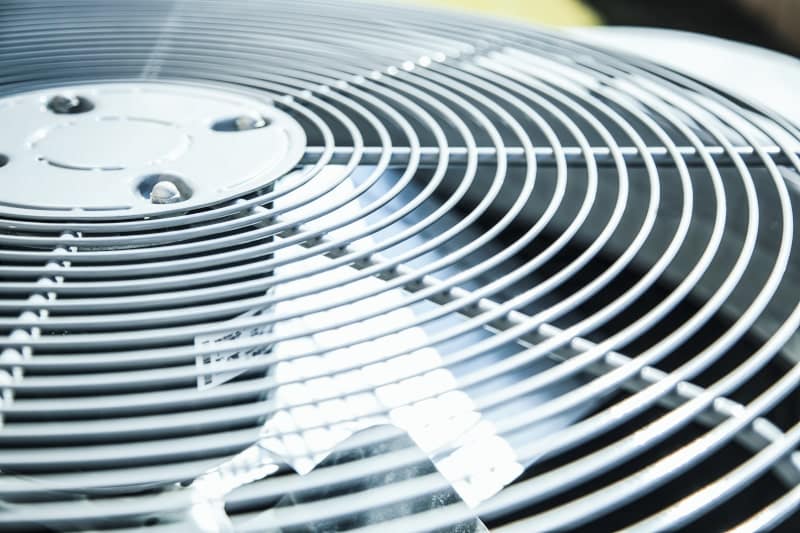
The average lifespan of an HVAC system is around 15 to 20 years, depending on the specific make and model. However, if your system is over 10 years old, you should start paying close attention to its performance and efficiency. As HVAC systems age, their parts and components gradually wear out, making them less efficient and more prone to breakdowns.
As a result, they consume more energy, cost more to operate, and require more frequent repairs than newer systems. Even with regular maintenance and inspections, an older HVAC system may no longer be able to keep up with the demand for heating or cooling, leading to inconsistent temperatures throughout your home or building.
Rising Energy Bills
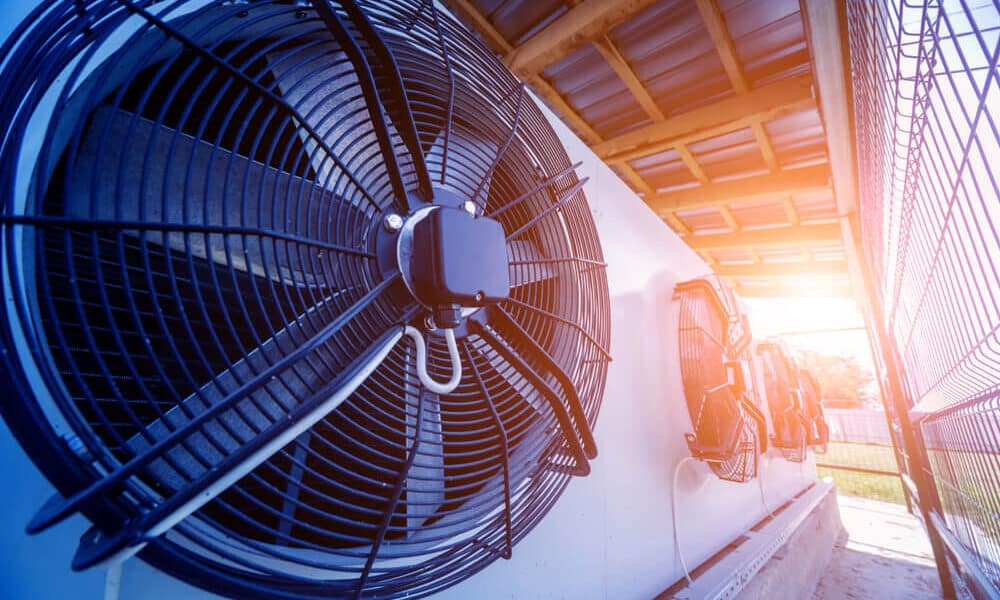
If you have noticed an unexplained increase in your energy bills recently, it could be a clear sign that your HVAC system is not functioning efficiently. As HVAC systems age, they often become less efficient, leading to higher energy consumption and ultimately driving up your monthly utility bills.
This inefficiency is often attributed to factors such as worn-out components, dust-filled air filters, and leaky ductwork, all of which make your system work harder than it needs to. Replacing your HVAC system with a newer, more energy-efficient model can help you save money on utility bills in the long run while also improving overall comfort levels in your home.
Strange Noises
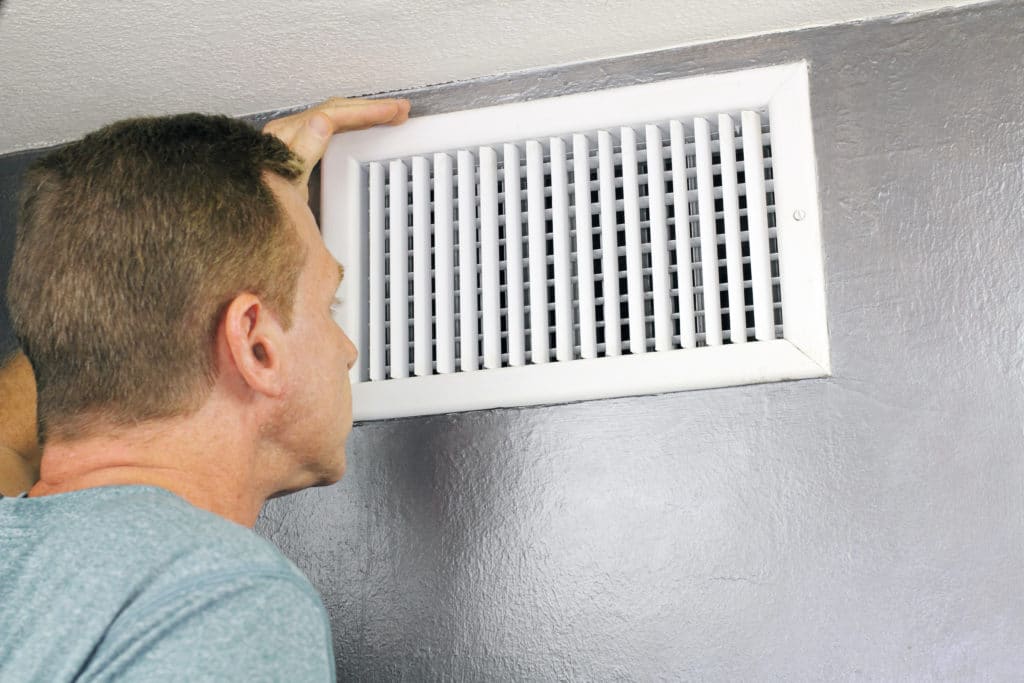
If your heating or cooling system starts making odd sounds such as banging, rattling, or clanking, it is time to call in a professional technician to inspect and diagnose the issue. The noises could be a result of a loose part, a failing motor, a blocked duct, or other serious issues that can cause extensive damage to your HVAC system over time. Ignoring these noises could lead to costly repairs, higher energy bills, and even dangerous situations like carbon monoxide leaks.
Poor Air Quality
The air quality in your home or place of business may suffer as a result of a malfunctioning or outdated HVAC system. Dirty air filters, mold and mildew growth, and bacteria buildup are all factors that contribute to poor air quality. It’s essential to pay attention to the quality of the air in your home or workplace, as poor air can have a negative impact on your health and well-being.
Replace your HVAC system if you notice that the air quality is worsening, despite all your efforts to clean and maintain the unit. A new HVAC system will help to ensure that the air quality in your space is clean and healthy.
Frequent Repairs
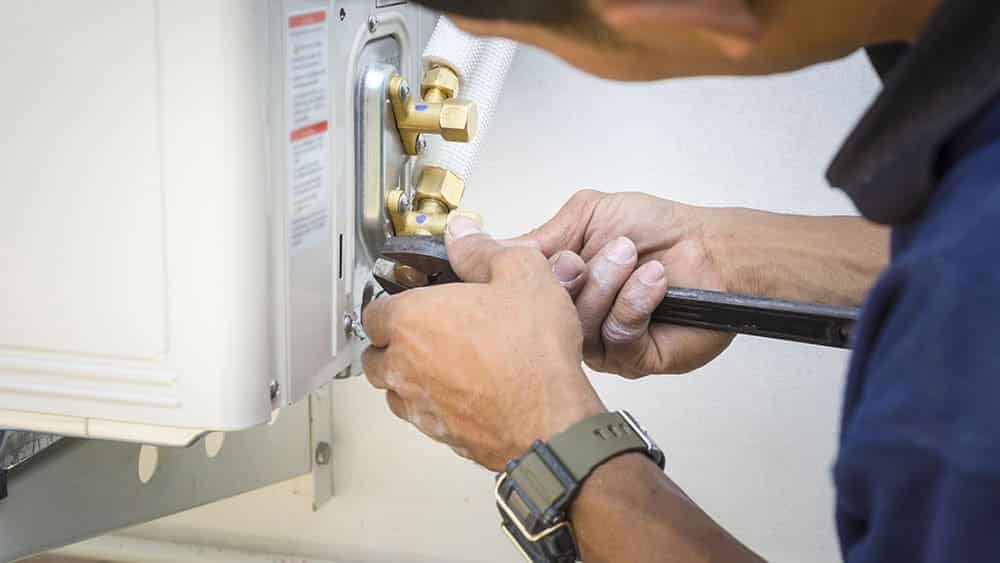
While regular maintenance and repairs can keep your system running smoothly, there comes a point when it no longer makes financial sense to keep repairing an aging unit. Frequent repairs are a clear indication that your HVAC system is on its last legs and is likely to break down completely in the near future. Repeated repairs can also be a sign that your system is struggling to keep up with your heating and cooling needs, causing it to work harder and draw more energy than necessary.
Conclusion
Your HVAC system plays an important role in keeping your home or office comfortable. Pay attention to the signs that indicate it’s time to replace your system – age, rising energy bills, strange noises, poor air quality, and frequent repairs. This company understands the importance of a well-functioning HVAC system. Replacing an ageing or inefficient system with a newer model can help you save money on utility bills, improve air quality, and increase the overall comfort of your home or workplace. Investing in a new HVAC system now can help you avoid unexpected breakdowns and expensive repairs down the road.
